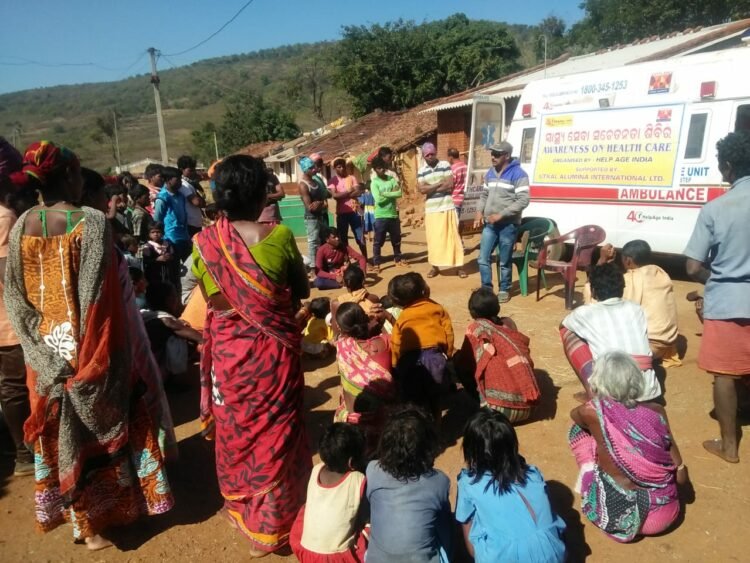NITI Aayog released a white paper: Vision 2035: Public Health Surveillance in India with the vision:
To make India’s public health surveillance system more responsive and predictive to enhance preparedness for action at all levels.
Citizen-friendly public health surveillance system will ensure individual privacy and confidentiality, enabled with a client feedback mechanism.
Improved data-sharing mechanism between Centre and states for better disease detection, prevention, and control.
India aims to provide regional and global leadership in managing events that constitute a public health emergency of international concern.
The white paper was released by NITI Aayog Vice Chairman Dr Rajiv Kumar; Member (Health) Dr Vinod K Paul; CEO Amitabh Kant; and Additional Secretary Dr Rakesh Sarwal.
‘Vision 2035: Public Health Surveillance in India’is a continuation of the work on health systems strengthening. It contributes by suggesting mainstreaming of surveillance by making individual electronic health records the basis for surveillance. Public health surveillance (PHS) is an important function that cuts across primary, secondary, and tertiary levels of care. Surveillance is ‘Information for Action’.
The Covid-19 pandemic has provided us with an opportunity to revisit (re) emerging diseases due to increased interaction between human-animal-environment. Early identification of this interference is essential to break the chain of transmissions and create a resilient surveillance system. This vision document is a step in that direction, it articulates the vision and highlights the building blocks.
It envisions a citizen-friendly public health system, which will involve stakeholders at all levels, be it individual, community, health care facilities or laboratories, all while protecting the individual’s privacy and confidentiality.’
The white paper lays out India’s vision 2035 for public health surveillance through the integration of the three-tiered public health system into Ayushman Bharat. It also spells out the need for expanded referral networks and enhanced laboratory capacity.
The building blocks for this vision are an interdependent federated system of governance between the Centre and states, a new data-sharing mechanism that involves the use of new analytics, health informatics, and data science including innovative ways of disseminating ‘information for action’.
The paper is envisaged to serve as a vision document to propel public health surveillance in India and establish India as a global leader in the area.
The full document can be accessed here: https://niti.gov.in/sites/default/files/2020-12/PHS_13_dec_web.pdf




























